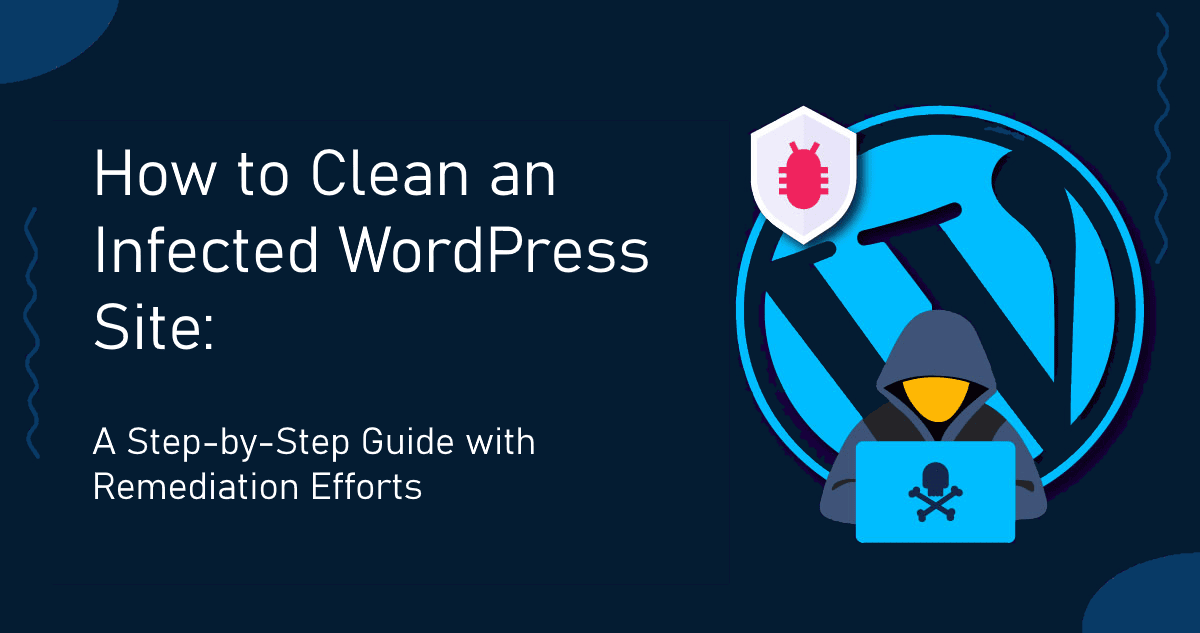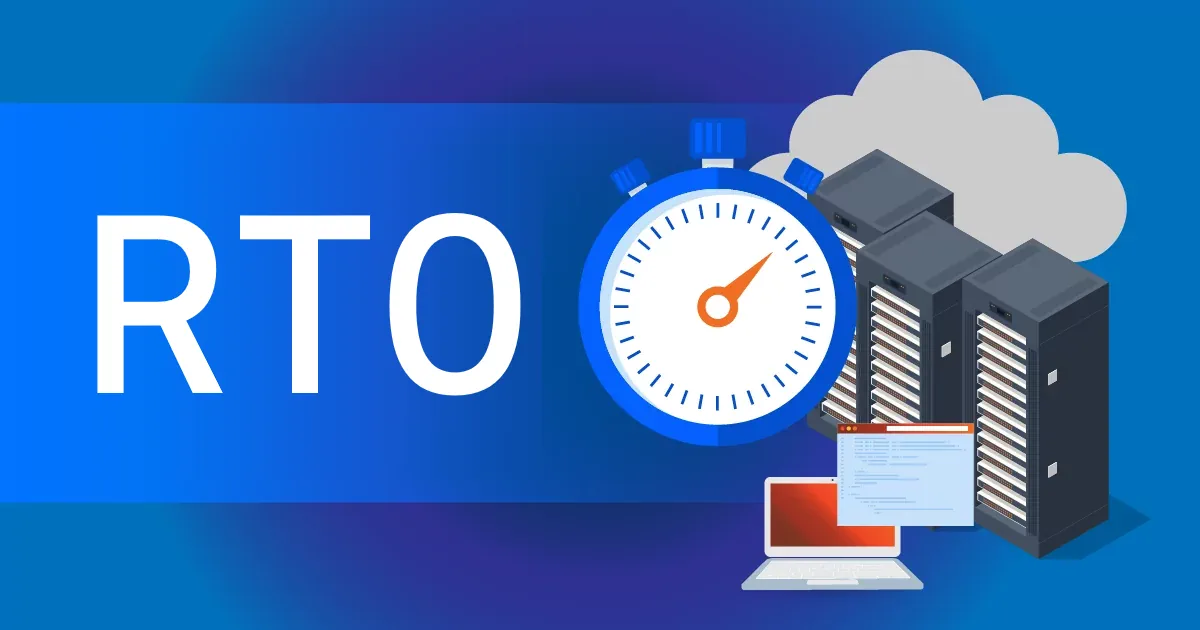
But what exactly can fail in a website?
A website is typically composed of the following parts
- a web server (apache, nginx, Microsoft Internet Information Services etc)
- a database back-end (MySQL, Microsoft SQL Server, Oracle)
- Payment Gateways
- Email Systems (for notifications)
All off the above can fail and need to be monitored. Some tend to fail less since they are parts of other systems which are used by other counterparts (like payment gateways) or email systems. If you use a 3rd party payment gateway or a 3rd party email provider the chances of that falling are low, since serious providers would already monitor their system. However there is nobody to monitor your servers other than yourself (or your clients)
Bugs do bring systems down but normally these are only due to untested code and result of outdated systems. Thus it is always important to update the systems to the latest versions, but give ample time for others to test them out and read any release notes before updating. Having updated systems also protects you from known exploits which are targeted by hackers to gain access to data of yourself and your clients. Protecting your integrity and your websites’ is important, thus with an updated platform you always ensure that you protect your customers against any exploits.
Having an updated system is still not a guarantee that nothing can happen. Several issues can happen
These typically are:
- Out of disk space issues
- Server overload
- Denial of Service (DoS) attacks
- Hardware failures
- Network failures
Essentially the list can never end, however all issues fall under one of the above. Netumo is there to help you in such situations; unfortunately it cannot fix the problem for you but it can give you valuable insight to when it’s happens and possibly why. Well no more surprises that your website has been down for hours!



